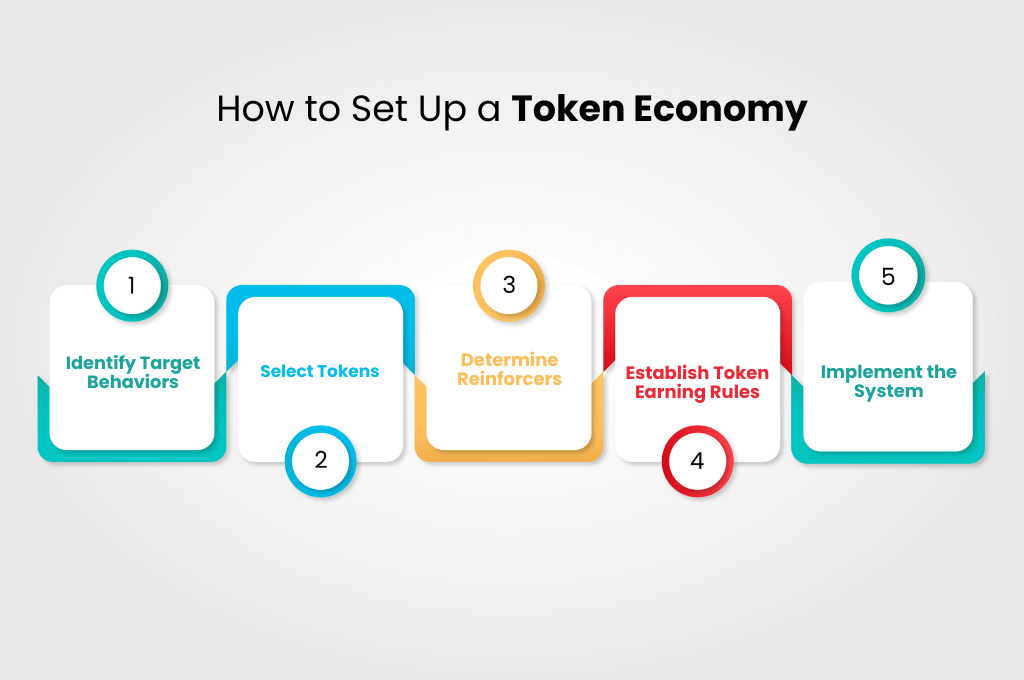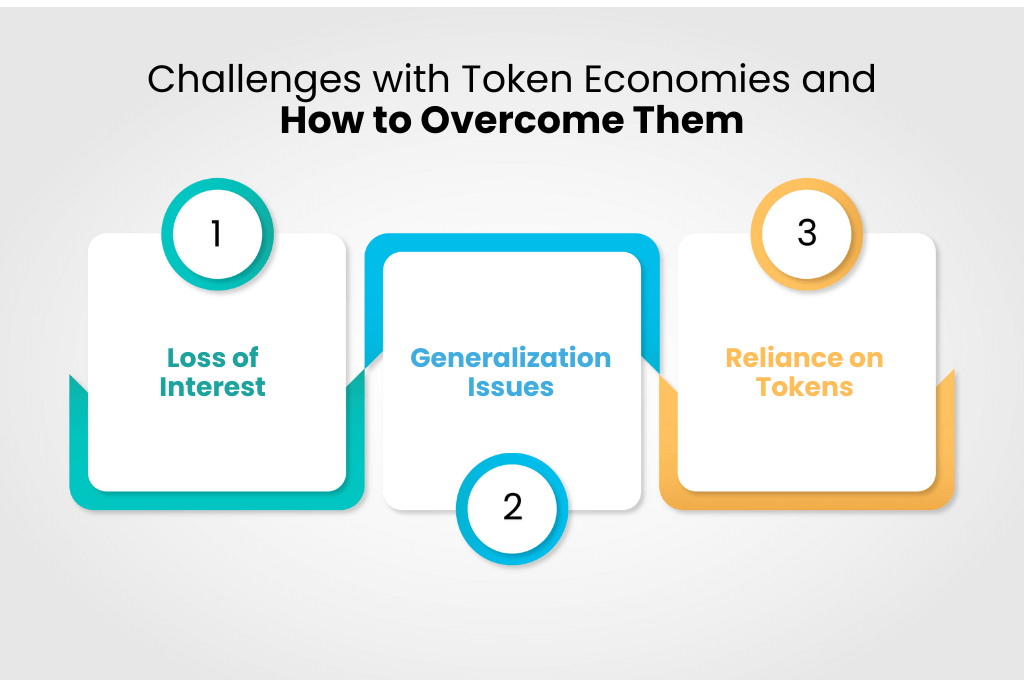Token Economies in ABA: A Comprehensive Guide
ABA TherapyJuly 17, 2025

Introduction to Token Economies
Token economies are structured systems used in Applied Behavior Analysis (ABA) therapy to encourage positive behaviors through reinforcement. In a token economy, individuals earn tokens for displaying specific, targeted behaviors, which they can later exchange for preferred items or activities—known as reinforcers.
This method is particularly effective in shaping and strengthening desirable behaviors while simultaneously reducing problematic ones.
The beauty of token economies lies in their simplicity and effectiveness. They provide a clear framework that helps individuals understand the connection between their actions and the rewards they receive.
This predictability can be especially motivating for individuals with autism or developmental delays, making it easier for them to engage in desired behaviors.
Table of Contents
Why Token Economies are Effective
Predictable Reinforcement
One of the core advantages of token economies is that they make reinforcement predictable. Individuals learn that by engaging in specific behaviors, they can earn tokens, which leads to rewards. This predictability fosters motivation and encourages consistent participation.
Immediate Feedback
Token systems provide immediate feedback, allowing individuals to see the results of their actions almost instantly. This immediate connection helps reinforce the desired behavior, making it more likely to be repeated in the future.
Flexibility
Token economies are versatile; they can be adapted to reinforce a wide range of behaviors—from completing tasks to adhering to social rules. This flexibility allows caregivers and therapists to tailor the system to meet individual needs effectively.
How to Set Up a Token Economy

Implementing a token economy involves several key steps:
Step 1: Identify Target Behaviors
Begin by selecting specific behaviors you want to reinforce. These could include following instructions, completing tasks, or reducing problematic behaviors.
Step 2: Select Tokens
Choose tokens that are easy to use and understand. Options include stars, stickers, points, or small objects like marbles. The choice of tokens should resonate with the individual’s interests.
Step 3: Determine Reinforcers
Identify the rewards that can be earned by exchanging tokens. These should be highly motivating for the individual—think toys, extra screen time, or favorite snacks.
Step 4: Establish Token Earning Rules
Set clear rules regarding how tokens are earned, how many tokens are needed for various rewards, and which behaviors are reinforced. Clarity is essential for success.
Step 5: Implement the System
Consistently award tokens for the targeted behaviors and encourage the individual to exchange their earned tokens for chosen reinforcers. Consistency is key to ensuring the system works effectively.
Types of Token Economies
Token economies can be tailored based on context and individual needs:
Individual Token Economy
This personalized system is designed for one person, focusing on specific behaviors and rewards tailored to their preferences.
Group Token Economy
Used in classrooms or group therapy settings, this approach allows multiple individuals to earn tokens for collective behaviors like staying on task or sharing with peers.
Home-Based Token Economy
Parents can implement this system at home to encourage positive behaviors during daily routines—like earning tokens for chores or following bedtime rules.
Examples of Token Economies in Action
- In the Home: Parents can use a token economy to motivate children during daily routines. For instance, children might earn tokens for brushing their teeth or making their beds.
- In the Classroom: Teachers can manage classroom behavior by awarding tokens for raising hands, participating in activities, and staying focused.
- In Therapy: ABA therapists can utilize token economies to reinforce skill acquisition by rewarding children for completing tasks or practicing social interactions.
Token Economies and Positive Reinforcement
Token economies are grounded in positive reinforcement principles. They reward desirable behavior rather than punishing negative behavior. By focusing on what individuals do well, token economies foster an encouraging environment conducive to growth.
Additionally, differential reinforcement can be employed within token systems to promote more complex or challenging behaviors as individuals progress through their learning journey.
Adjusting Token Economies for Different Learners
To maximize effectiveness, it’s crucial to tailor token economies based on each individual's developmental level and interests:
- Motivating Reinforcers: Ensure that selected reinforcers are genuinely motivating for the individual—whether they are tangible items, activities, or social praise.
- Adjusting Frequency: Modify how often tokens are awarded and the difficulty of earning them. This adjustment helps maintain motivation over time.
Challenges in Task Analysis

While token economies offer numerous benefits, challenges can arise:
- Loss of Interest: Individuals may lose interest in tokens over time. To combat this, introduce varied reinforcers and rotate them regularly.
- Generalization Issues: Sometimes individuals struggle to apply learned behaviors outside the token economy context. Incorporate natural reinforcements like social praise into daily routines.
- Reliance on Tokens: To prevent dependence on the system, gradually fade out tokens once desired behaviors become more consistent.
Tips for Parents and Caregivers
For parents looking to implement token economies at home:
- Maintain Consistency: Consistency is crucial when awarding tokens; ensure everyone involved understands the rules.
- Select Effective Rewards: Choose rewards that resonate with your child’s interests—this increases motivation.
- Reinforce Daily Routines: Identify household tasks or daily routines that can be reinforced using a token economy system.
Conclusion
Token economies serve as a powerful tool within ABA therapy, promoting positive behavior change through structured reinforcement strategies. By making reinforcement predictable and providing immediate feedback, these systems help individuals understand the connection between their actions and rewards.
Parents, caregivers, and therapists are encouraged to explore token economies as an effective method for managing behavior. For personalized guidance on creating tailored token economies for your child, consult with our team at Illuminate ABA today!
Know More About: Understanding Task Analysis in ABA Therapy
